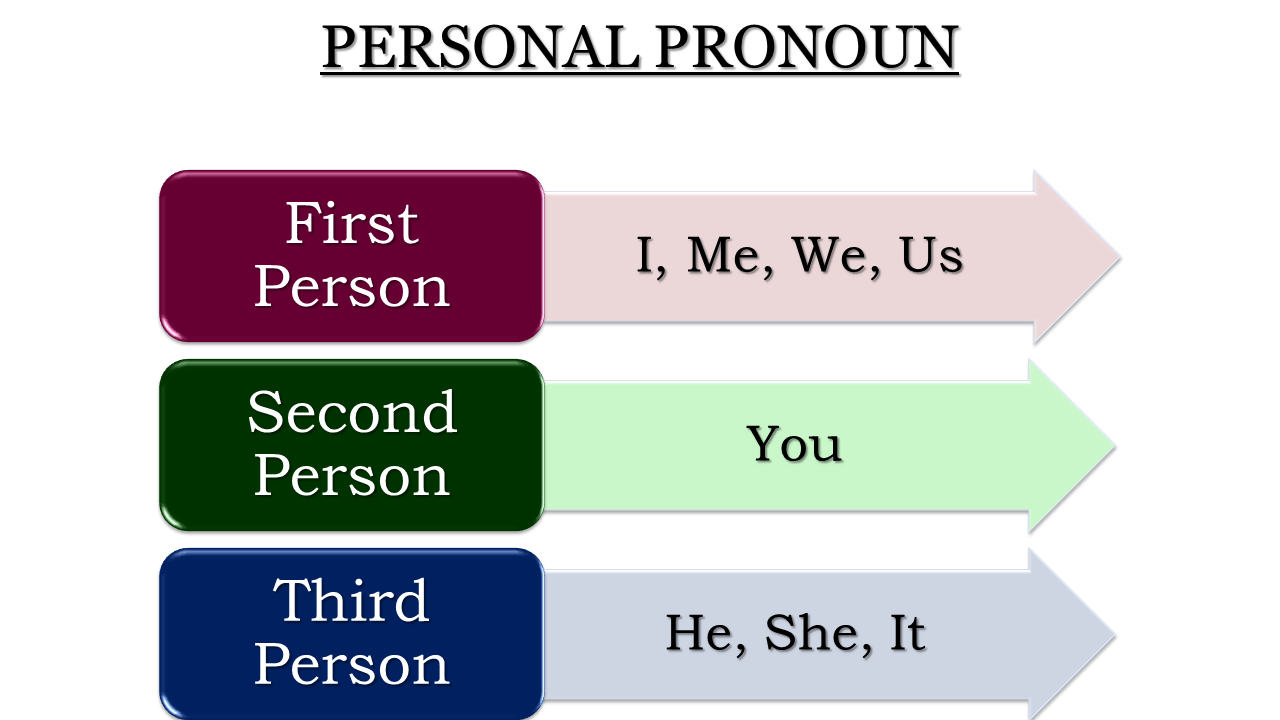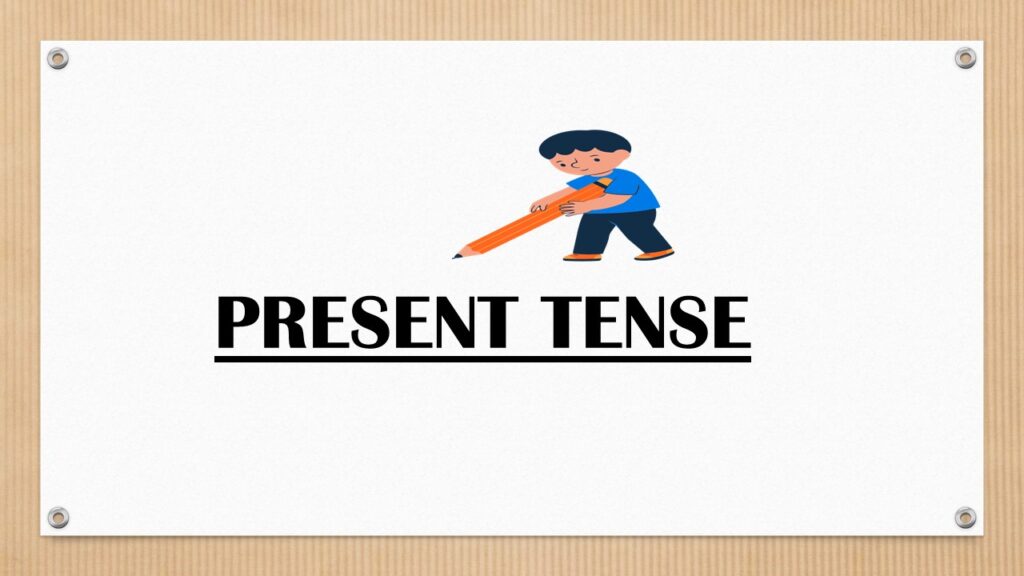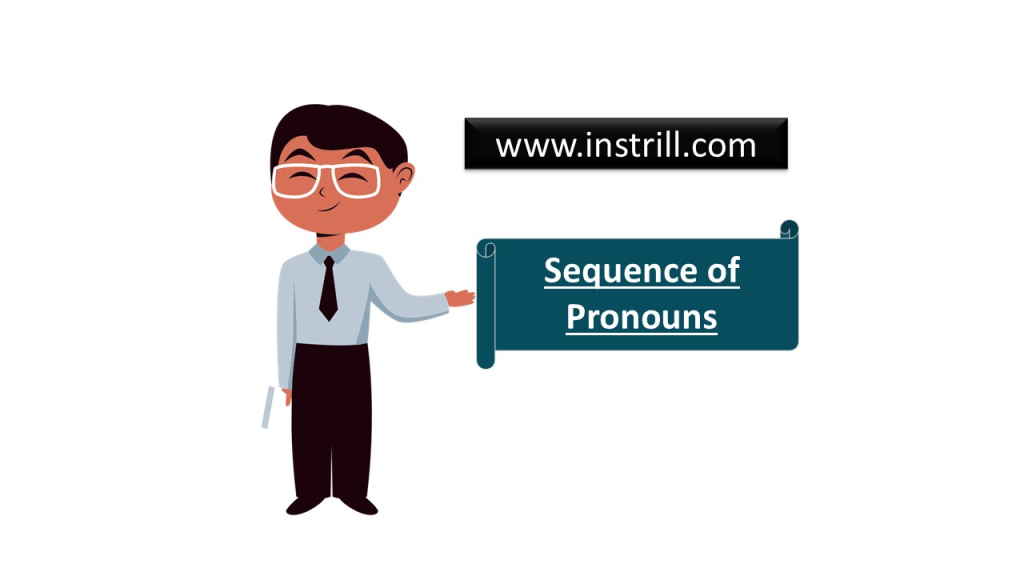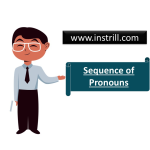Personal Pronoun
In English, The use of pronouns is basically to avoid the repetition of a noun in the paragraph. There are different types of pronouns. But in this article, we will learn about personal pronoun and their types.
What is a Personal Pronoun?
Personal pronouns are groups of words that are used specifically to replace the reoccurrence of a person’s or animal’s name.
Example: I, He, She, It, Me, You, We, They, etc.
Types of Personal Pronoun

First Person
It refers to the person who is speaking.
For Example:
| Singular | Plural |
|---|---|
| I | We |
| Me | Us |
Some of the detailed examples are: –
- I have booked the vacation destination for us.
- Do they let me ride a horse in the garden?
- We will reach the venue before the inauguration of the event.
- Last Saturday, we were roaming in the rose garden.
- I am playing basketball.
Second Person
It refers to the person with whom we are having a conversation.
For Example: You
Some of the detailed examples are:
- You are doing a great job teaching the poor children.
- You should complete the training given on the website.
- All of you have to join today’s conference call at 5 O’clock.
- You should do meditation to remove the stress.
- You should inform your group before doing any modifications to the project.
Third Person
It refers to the persons we are discussing in our conversation.
For Example:
| Singular | Plural |
|---|---|
| He | We |
| She | Us |
| It | They |
| Him | Their |
| Her | Them |
Some of the detailed examples are:
- Himani was tired, so she was relaxing while listening to music.
- They went to the ice cream parlour to buy chocolate ice cream for their mother.
- Her kid loves to pop balloons in the water.
- He wants a dog, so his mother gave it on his birthday.
- The shopkeeper sells them a pencil set.
Personal Pronoun and Case
| Personal Pronoun | Number | Nominative Case | Objective Case | Possessive Adjective | Possessive Pronoun |
| First Person | Singular Plural | I We | Me Us | My Our | Mine Ours |
| Second Person | Singular Plural | You You | You You | Your Your | Yours Yours |
| Third Person | Singular Plural | He (masculine) She (feminine) It (neuter) They | Him Her It Them | His Her Its Their | His Her – Theirs |
Nominative Case
When pronouns are used as a subject of the verb such as I, He, She, It, You and They.
For Example:
- He found a fossil of dinosaurs.
- They helped him to find a book in the library.
Objective Case
Pronouns are used as an object of the verb such as me, us, you, him, her, it and them.
For Example:
- She gifted her a puzzle book.
- I invited them to my house.
Possessive Case
We categorise the Possessive case into two types: Possessive Pronoun and Possessive Adjective.
i) Possessive Pronoun: Possessive pronouns such as “mine, ours, yours, his, hers, ours, theirs” can be used as a subject or object of the verb.
For Example:
- Ours is a new house.
- She thinks this idea is yours.
ii) Possessive Adjective: Possessive Adjectives such as “my, our, your, his, her, its, their” act as a subject of the verb.
For Example:
- My cat is pretty.
- His room is dirty.
Personal Pronoun Practice Exercise
| Q.1. Fill in the blank with a suitable pronoun: A) _______ am a qualified doctor. | (He/I) |
| B) _______ will play in the garden after finishing our homework. | (We/Them) |
| C) My brother sent ______ a skateboard. | (me, we) |
| D) Both Priyal and Jinisha have visited ______ parents. | (she, their) |
ENGLISH-RELATED CONCEPTS:















